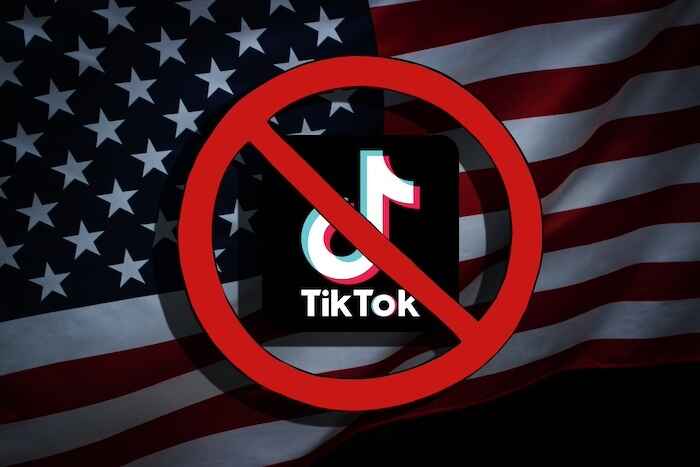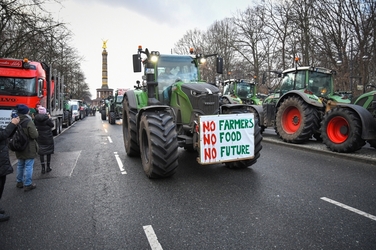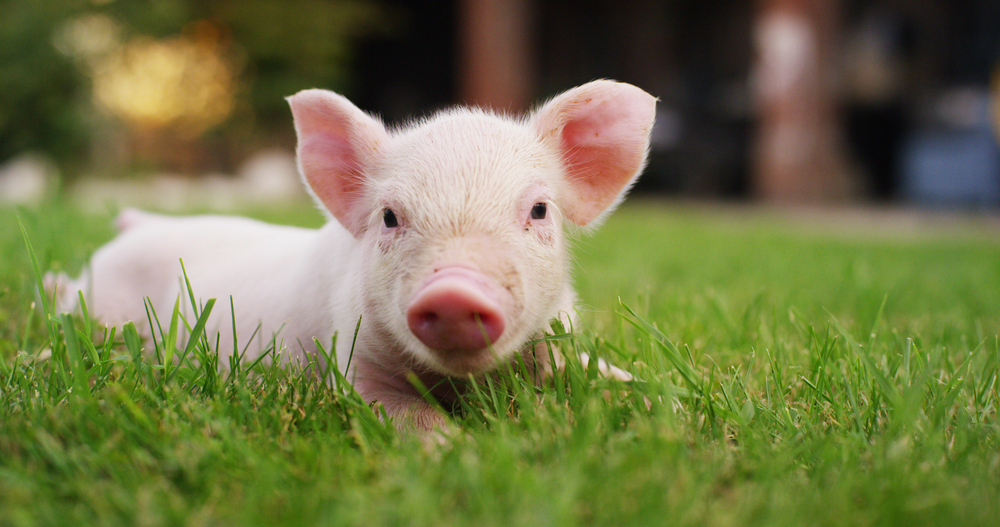Why We Need More Diverse Thinkers
Joel Salatin|December 15, 2020

The annual highlight on the farm is our two-week steward checkout period.
As I wrote last week, choosing our stewardship team for May 1 to September 30 is a formal process of queries and applications that includes a two-day checkout.
The ones who make it through the process to this point must come to the farm, live with us, eat with us and work with us for two days.
When people ask me who the typical applicant is, I can honestly say they come from every background imaginable. We have some who have never been on a farm… and others who grew up on a farm and plan to take it over in the future.
We shift our daily schedule to foster lengthy conversations around mealtimes. Rather than sitting down to eat three meals a day, we do a 10:15 a.m. brunch and a 5:30 p.m. dinner. Each lasts about two hours to give us time to get acquainted and discuss various topics.
These folks, who range in age from 18 to 60, bring perspectives from a broad swath of life experiences.
And what I’ve heard and learned this year from our candidates has been especially rewarding…
Mental Diversity
One of our applicants is an African American who just graduated from high school. He dreams of operating a farm-to-table restaurant. Extremely young, he admitted to being an anomaly among his counterparts because he’s a conservative libertarian.
Always eager to engage folks with different experiences than mine, I encouraged him to share his views about where our country is right now in its racial and economic tensions.
As we talked about the civil rights movement, the war on poverty, the racial-centric college admissions policies and diversity requirements, he dropped this golden nugget:
Mental diversity is far more meaningful than physical diversity.
I may be showing my ignorance, but this was a new turn of phrase for me. The more he elaborated on it, the more I liked it.
He pointed out that a room full of physical diversity does not advance thought or imagination if everyone thinks the same. Ideas don’t get examined. Innovation doesn’t get explored.
What really advances ideas is mental diversity, where you have people who actually believe different things.
Preserving Differences
If everyone in a room, for example, believes that minimum wage is a good thing (this was his example, not mine), then nobody is there to propose it’s a bad thing. The only discussion surrounds what it should be, not whether it should exist. Certainly its existence is far more important than the rate.
I could scarcely believe the wisdom of what I was hearing and began to imagine if colleges actually practiced mental diversity. What if they said, “We have plenty of liberals, so let’s make sure we take about that many conservatives”?
What if we had affirmative action for minority views? Like balancing pro-choice folks with pro-lifers? Or equalizing gun control advocates with National Rifle Association (NRA) members? What if they matched the number of folks who think Louis Farrakhan is great with the ones who think Candace Owens speaks more truthfully?
Once you imagine that kind of admissions policy, now imagine the average class discussion, or the average group project. Can you imagine the depth of healthy debates as young people wrestled – truly wrestled – with “How should we then live?”
That was the burning question asked by noted Christian philosopher and author Francis Schaeffer, who eventually wrote a book by that title.
As I think about our current college environment, it seems like we’ve traded physical prejudice for ideological prejudice. Neither is healthy, but we’ve put a lot of attention on one while dismissing the other. In our desire for physical inclusion, we’ve sacrificed mental inclusion.
It reminds me of a weighty idea from permaculture author Peter Bane: In times of epochal change, the most important freedom to preserve is the freedom to be different.
If we ever needed true ideological diversity, it is now. Intentionally including people of divergent views is perhaps the best protection against philosophical blindness.
Come to the Table
With that in mind, it pains me to see feedback from folks who vow, “I’ll never read you again.”
I read, on purpose, things with which I vehemently disagree. I find it mentally stretching, challenging and even occasionally worth adjusting my thinking.
What can possibly be wrong with more ideas on the table?
This is the problem with political correctness and censorship in our academic and public discussions.
I for one would love to see the minority parties given a platform in the presidential debates.
If these minority parties are such nutcases, let them expose themselves for what they are.
But what if they have some genius, unorthodox, workable ideas?
It might just upset the public decorum.
I think that would be a good thing once in a while.
Whether you agree or disagree, we want to hear your thoughts. Send an email to mailbag@manwardpress.com.





